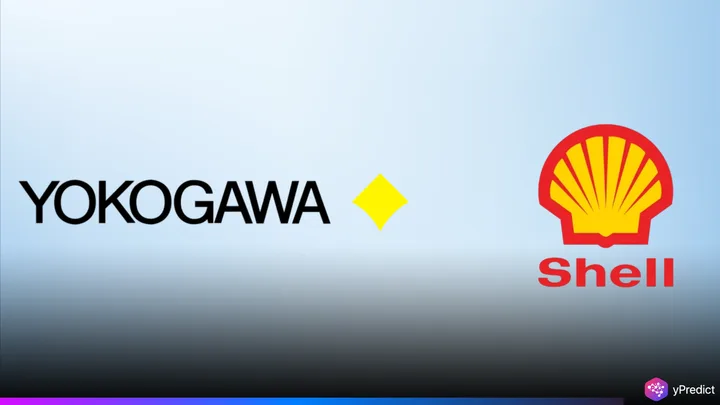
Yokogawa Electric Corporation has teamed up with Shell to bring AI and robotics into industrial plant maintenance. The Tokyo-based company announced a long-term deal with Shell Global Solutions to integrate Shell’s Operator Round by Exception (ORE) into Yokogawa’s OpreX Robot Management Core. The goal: use AI Robots and drones to safely handle routine monitoring tasks that are often time-consuming or risky for human workers.
This partnership builds on a two-year internal development at Shell and now moves to real-world pilots at two of its facilities. “We’re excited to address workforce challenges and improve plant safety,” said Masaharu Maeda, a senior executive at Yokogawa. The collaboration is taking place at Shell’s Energy Transition Campus in Amsterdam, a hub for energy innovation launched in 2022.
A Machine Vision System That Takes the Round
At the center of this collaboration is ORE, Operator Round by Exception, a machine vision system developed by Shell to help robots perform human-like inspections. Using a combination of AI analytics and visual recognition, ORE can read gauges, spot leaks, and flag equipment issues. These are routine checks traditionally carried out by humans during field rounds.
By integrating this tool into its OpreX Robot Management Core, Yokogawa can now offer a smarter and safer maintenance platform for energy and chemical plants. The enhanced software links directly with a plant’s control and safety systems. This lets robots not just gather data but act on it.
For instance, if an AI-powered robot sees a pressure reading outside limits, it can alert operators or even trigger system responses. “The goal is to boost efficiency while reducing risk,” said Maeda. “We want robots to help teams work smarter, not just faster.” The collaboration also includes a shared R&D roadmap to evolve ORE over time.
From Pilot Testing to Industry Shifts
Yokogawa will begin testing its upgraded platform at two Shell sites. The aim is to validate how AI Robots and drones improve maintenance accuracy and reduce costs. Shell’s CIO for Integrated Gas and Upstream, Gerben de Jong, called it “a step change in productivity and safety.” He added that the companies have a history of joint innovation in automation, and this marks the next chapter.
While the benefits look promising, there are still challenges. AI Robots must work in complex, often hazardous environments. AI models need constant updates to stay accurate and useful. And full automation raises questions about workforce adaptation and job design.
Yet the long-term goals are clear. With fewer humans needed for dangerous inspections, safety improves. With faster, smarter checks, efficiency increases. And as Shell and Yokogawa iterate on ORE, more use cases could emerge, from corrosion tracking to emergency detection.
AI Robots Usher in a New Era of Smarter Plant Maintenance
Shell and Yokogawa’s collaboration reflects a broader industry move toward intelligent, autonomous systems. With the pilot deployments of AI-powered Robots underway and ongoing R&D in motion, this partnership could redefine how industrial sites manage routine operations.
By embedding AI into plant infrastructure, companies can tackle safety risks and labor shortages. As machine vision tools like ORE mature, human operators’ roles may shift from frontline checking to higher-level oversight. The energy and chemical sectors are watching closely. If successful, this could set a new global standard for how plants are maintained.






